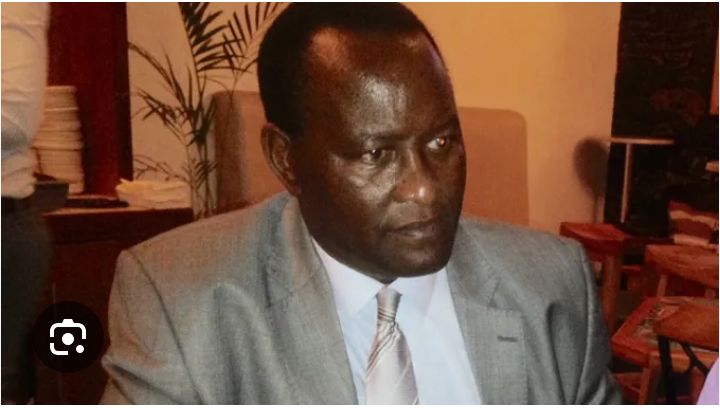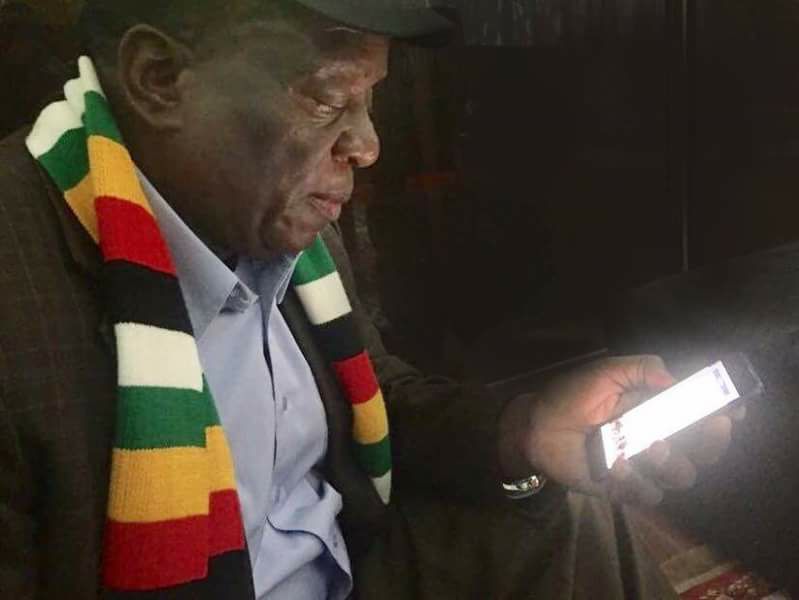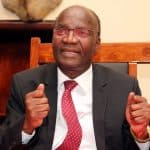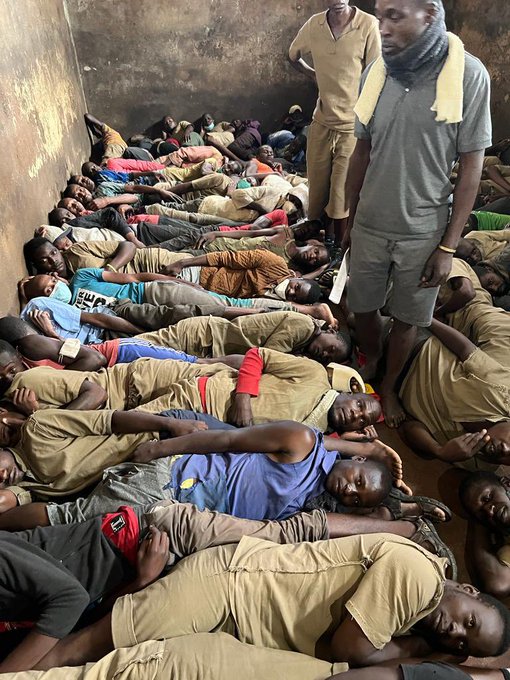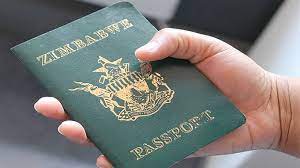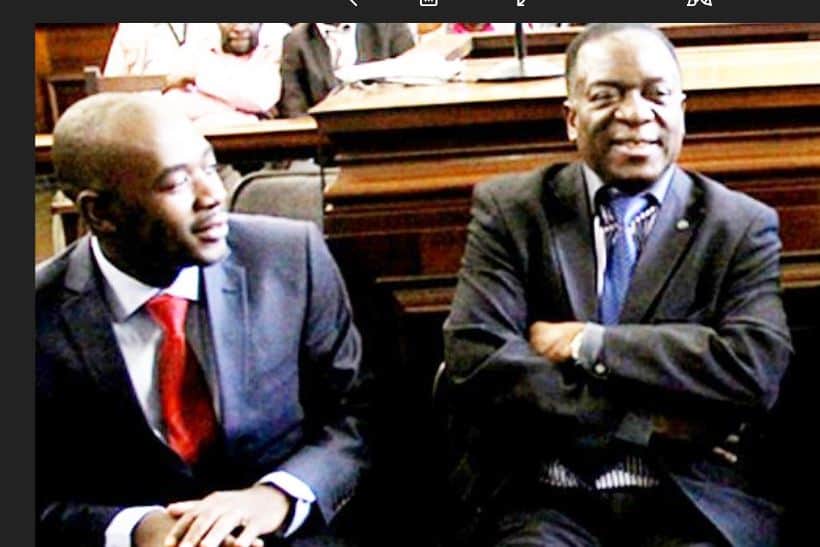Chris Maroleng
In the shadowy corridors of power in Zimbabwe, the recent ousting of Isaac Moyo from his post as head of the Central Intelligence Organization (CIO) has sent ripples through a regime already teetering on the brink.
This move, orchestrated by President Emmerson Mnangagwa, is not merely a reshuffling of personnel; it is a desperate attempt to mask the festering rot at the heart of Zimbabwe’s governance—a rot that has been nurtured by incompetence, rampant corruption, and a toxic culture of paranoia.
At the crux of this political drama lies a damning truth: Mnangagwa’s chaotic governance is a direct consequence of his administration’s inept social and economic policies.
The regime’s fixation on self-enrichment and the relentless pursuit of power have overshadowed any genuine concern for the welfare of the Zimbabwean people.
Instead of addressing the dire needs of a nation in crisis, the political elite have become ensnared in a web of corruption that drains the public coffers while they indulge in lavish lifestyles.
Rutendo Matinyarare, the Chairman of the Zimbabwe Anti-Sanctions Movement (ZASM), paints a picture of Moyo’s tenure coming to an abrupt end due to the fact that it was preoccupied with internal party political intrigues, conspiracy and not pressing strategic national security issues.
He further claims that the CIO, under Moyo’s watch, failed to combat sanctions and allowed a flood of toxic GMOs to infiltrate the nation.
Yet, this narrative, while dramatic, dangerously veers into the realm of conspiracy theory.
It’s no surprising that Rutendo felt sidelined during Moyo’s time in office, because from my personal experience with Moyo, he did not suffer fools easily.
The reality is far more mundane and tragic: the staggering cancer mortality rates in Zimbabwe are not the result of foreign plots or sinister agricultural practices but rather the direct outcome of a catastrophic underinvestment in public health, compounded by the ZANU-PF’s relentless siphoning of state resources into the pockets of the corrupt elite.
Matinyarare’s assertions about Moyo’s alleged failures and treachery are not only self serving and misguided but also serve to deflect attention from the more pressing issue at hand: the systemic failure of governance that has left Zimbabweans to suffer the consequences of a decaying health infrastructure among a liteny of treasonous own goals.
It is a cruel irony that while the regime and its misguided minions spins tales of foreign sabotage, the real enemy lies within—a ZANU government that has prioritized its own survival over the health and well-being of its citizens.
The recent reshuffle within the CIO, particularly the sidelining of Moyo, can best be described as a futile gesture—a mere rearrangement of deck chairs on a sinking ship.
This is not a solution; it is a symptom of a ZANU regime gripped by fear, paranoia, and a profound disconnect from the realities facing the Zimbabwean populace.
Mnangagwa’s increasing isolation, fueled by his own oppressive tactics, has created a volatile mix of enemies within his party, the security apparatus, and the broader society.
The specter of dissent looms large, very early in 2025, a year that could either herald a long-overdue reckoning or plunge the nation further into despair.
As the political landscape shifts, one must question whether Mnangagwa can extricate himself from the quagmire of his own making.
The potential for reform exists within the very institutions that have been corrupted by greed and fear.
Yet, the path to change is fraught with peril, as the ZANU regime clings to power with a vice-like grip, unwilling to confront the unsustainable nature of its rule.
In conclusion, the upheaval within Zimbabwe’s security apparatus is a stark reminder of the broader malaise afflicting the nation.
The intersection of paranoia, corruption, and ineffective governance creates a perfect storm that threatens to engulf not just the regime but the very fabric of Zimbabwean society.
As the country stands on the precipice of change, the choices made by both the leadership and the citizenry will determine whether Zimbabwe can break free from the shackles of its tumultuous past or continue its descent into chaos.
The stakes are alarmingly high, and 2025 will be the time for accountability and transformation.
Chris Maroleng
Founder and CEO
Africa 360 Advisory

